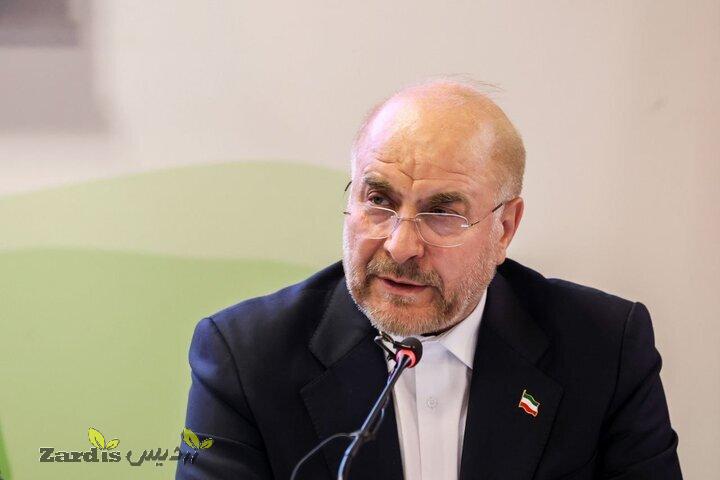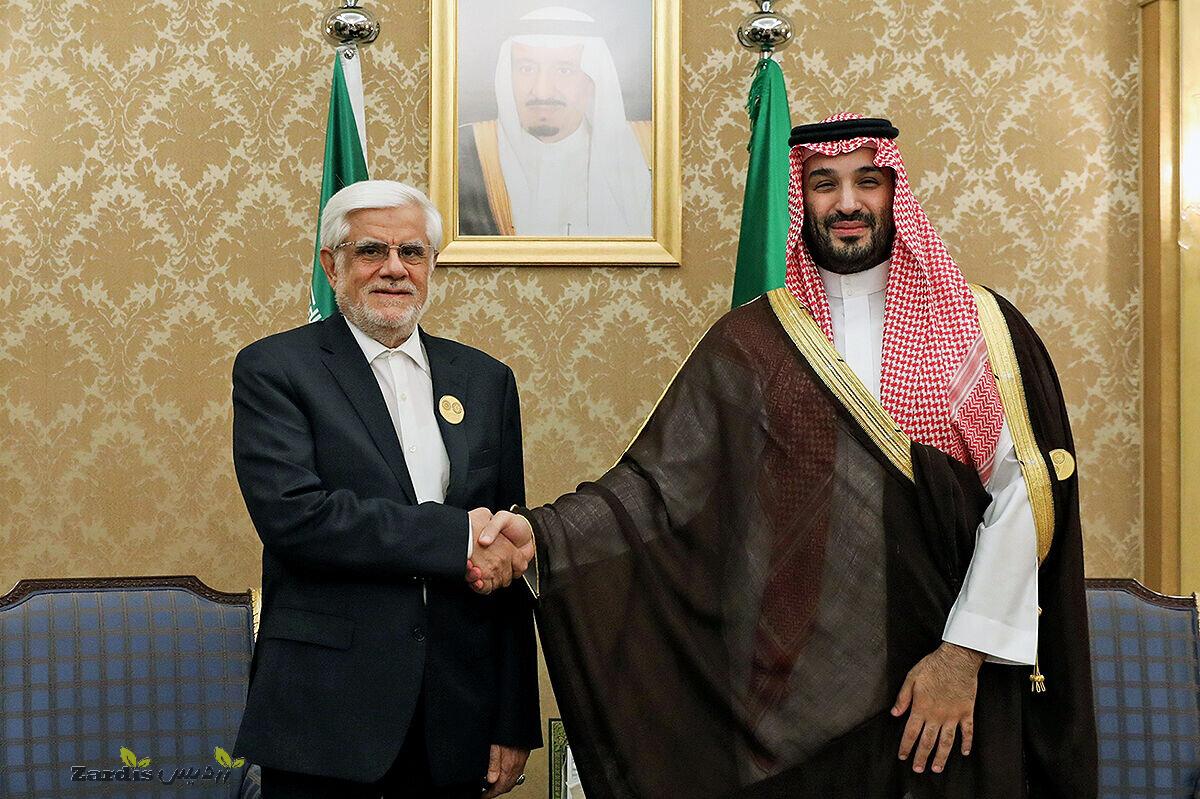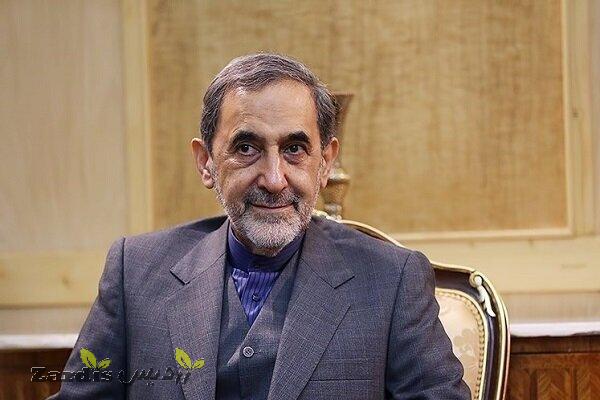TEHRAN – Bilveer Singh, a Singaporean professor, believes that any dialogue about security of the region without Iran is time wasting.
“Iran is a key state in the Middle East (West Asia) and by excluding Iran from the Manama Dialogue, any discussion on comprehensive security makes a mockery of the concept and intent to create and establish anything to do comprehensive security in the Middle East (West Asia),” Singh, who specializes in international relations, tells the Zardis News.
The Manama Dialogue 2021 was held recently in the Bahraini capital under the leadership of the London-based International Institute for Strategic Studies and the Bahraini Ministry of Foreign Affairs.
U.S. Secretary of Defense, Lloyd J. Austin, said in the forum that Washington is not going to quit West Asia.
The three-day conference brought military and political leaders from the GCC and other countries together to discuss issues relevant to the Persian Gulf region.
“This type of comprehensive security is illusory and delusional,” Singh notes.
Pointing to Iran’s crucial position in West Asia, he says, “By excluding Iran, there was nothing comprehensive about security discussion at the Manama Dialogue, demonstrating again that politics and emotions continue to drive the security considerations in the Middle East (West Asia).”
Following is the text of the interview:
Q: What is your comment on the Manama Dialogue 2021 forum? What are the implications of such forums?
A; Any forum that is high-powered and international in character is definitely important, especially politically, militarily and diplomatically. The Manama Dialogue 2021, which has been held annually in Manama in Bahrain, qualifies as an important forum in this regard.
It brought together key leaders of the world, especially the important defense ministers and foreign policy leaders who spoke at the forum. The speakers included Lloyd J. Austin III, Prabowo Subianto and Hishamuddin Hussein, the U.S., Indonesian and Malaysian Defense Secretary/Ministers respectively, key political and foreign policy leaders such as Dr. Abdullatif Rashid, Minister of Foreign Affairs in Bahrain, and Sameh Shoukry, the Egyptian Foreign Minister. There were many other Middle Eastern (West Asian) leaders.
Q: Do you think Persian Gulf states can talk about a comprehensive security in the region by ignoring Iran as a regional player?
A: Comprehensive security is a concept that has been loosely and vaguely parried to suit all kinds of needs and interests. In contrast to national and collective security, comprehensive security aims to go beyond the traditional state-centric, military-focus of the past, to highlight the growing importance of new issues such as the environment, economic, climate and even human security issues linked to diseases, poverty and repression. It was an attempt to go beyond the realist understanding of security, largely expounded by American theorists after the Second World War to justify U.S.’s supremacy based on military power. While there has never been a universally accepted definition of security, comprehensive security aimed to look at for whom security was to be provided – the state or individual; the kind of threats that were to be identified, whether they were traditional military dangers or non-traditional new concerns; and finally, how these threats and concerns were to be addressed, all the more, the non-military concerns, including diseases, floods, etc.
Underlying this approach was the idea that security can only be comprehensively addressed if it involved all the key actors, both state and non-state actors. Hence, in the Middle East (West Asia), for any security concern to be addressed, it has to be ‘comprehensive’ in definition, which means, it must first and foremost, involve all the actors, if not, at least, all the key actors. By looking at just two indicators in 2020 – GDP and Population statistics – one gets a sense of the key states in the Middle East as follows:
| GDP (U.S.$ billion) | Population (million) | |
|---|---|---|
| Iran | 635 | 85 |
| Saudi Arabia | 701 | 35 |
| Israel | 402 | 8.7 |
| Egypt | 361 | 102 |
| UAE | 354 | 9.9 |
Similarly, looking at military statistics, for the same countries, the following statistics stand out:
| Military Spending (U.S.$ billion) | Armed Forces (000) | |
| Saudi Arabia | 55.5 | 227 |
| Iran | 12 | 523 |
| Israel | 21 | 176 |
| Egypt | 3.8 | 438 |
| UAE | 20 | 63 |
Statistics do not lie. Clearly, looking at the above statistics, Iran is a key state in the Middle East (West Asia) and by excluding Iran from the Manama Dialogue, any discussion on comprehensive security makes a mockery of the concept and intent to create and establish anything to do comprehensive security in the Middle East (West Asia). This type of comprehensive security is illusory and delusional.
In short, by excluding Iran, there was nothing comprehensive about security discussion at the Manama Dialogue, demonstrating again that politics and emotions continue to drive the security considerations in the Middle East (West Asia).
Q: What does history tell us when we look back on U.S. presence in Afghanistan and Iraq?
A: History tells us, if one adds Vietnam, Cambodia, Laos, Iraq, Syria, Somalia, Sudan, Libya, etc. to the list of Afghanistan, is that the U.S. is a failed state when it comes to long-term military commitments overseas and a state that cannot be trusted.
After expending trillions of American taxpayers’ money, enriching the capitalist Military Industrial Complex, killing and maiming thousands of American soldiers, killing and maiming many thousands more, probably close to a million Afghans, the Americans, after a policy failure of 20 years in Afghanistan, simply packed their bags and left, that too hurriedly and in some bases such as Bagram Airbase, without telling the local commanders that they were doing so, abandoning their erstwhile freedom-loving allies, who badly failed the Afghan people.
Clearly, the U.S. is big in rhetoric – it treats the world like Hollywood, which is devoid of reality, and the White House and Pentagon try to ‘Hollywood’ the world when it comes to political and security policies, and this is why it is a failed state, compared to China and Russia.
The U.S.’s credibility has been so badly punctured by these failures that we in Asia simply do not trust the U.S., which after every 4 years, has to realign its policies, often at the expense of the world. Clearly, it is the least trusted power and the key reason it is a declining power and will probably be the shortest-lived great power in modern history. We in Asia are more comfortable with China and Russia than the U.S.
History tells us that the U.S. is a failed state when it comes to long-term military commitments overseas and a state that cannot be trusted. Q: Why do Persian Gulf states prefer betting on U.S. support rather than reaching a compromise with regional powers?
A; The Persian Gulf states are anachronistic states and as such, they can only survive with the help of external security providers such as the U.S. and to some extent, the UK and France. On their own, these anachronistic kingdoms will never survive; it is indeed strange that the U.S. goes around preaching democracy, freedom, accountability, transparency, etc. all over the world except in the Persian Gulf states.
The reason is that the U.S. does not want the world to know how feudalistic and anachronistic these left-over states of history are and once they are without oil, they will be deserted by the U.S.; what an irony – will be deserted in a desert!
Q: The U.S. secretary of defense said in Manama that Washington is not going to quit the Middle East (West Asia). However, many say the U.S. is turning towards East Asia. What is your comment?
A; I don’t think the U.S. will quit the Middle East (West Asia). As a dirty capitalist, it gains so much with so little investment. The U.S. will only quit the Middle East (West Asia) once the region becomes costly for the U.S. in terms of politics, economics and military insecurity.
Once more Afghanistans, Iraqs, Syrias, Somalias, Sudans and Libyas emerge, not to mention Vietnams, then only will the U.S. quit the Middle East (West Asia). So, if you want the U.S. to quit the Middle East (West Asia), raise the costs and the U.S. will run away – that is what history has taught us. The U.S. cannot take punishment over a long period as the U.S. public is inward-looking.
As long as the Middle East (West Asia), especially the anachronistic Persian Gulf states are prepared to subsidize cheap oil and gas for Americans, the U.S. will stay; once this is lost and U.S.’s engagement in the Middle East (West Asia) becomes costly, regardless of what Blinken said, without a Blink, the U.S. will abandon the Middle East (West Asia) and only then will these anachronistic Persian Gulf states, including the Saudis face the day of their reckoning with no foreign cowboy to protect these backward and antiquated aristocrats.
Zardis news | The latest news of Iran and the world
تمامی حقوق مطالب برای "Zardis news"محفوظ است و هرگونه کپی برداری بدون ذکر منبع ممنوع می باشد.
طبق ماده 12 فصل سوم قانون جرائم رایانه ای کپی برداری از قالب و محتوا پیگرد قانونی خواهد داشت.







